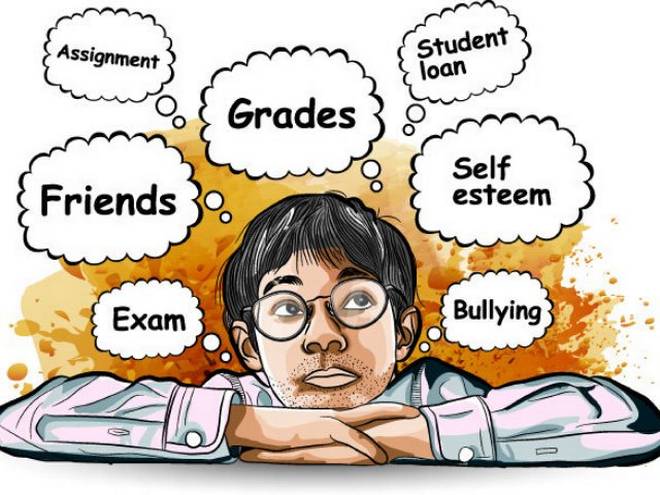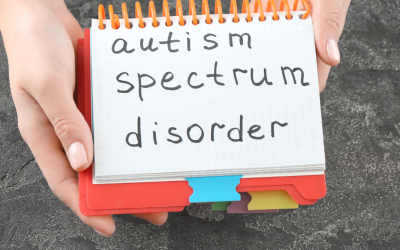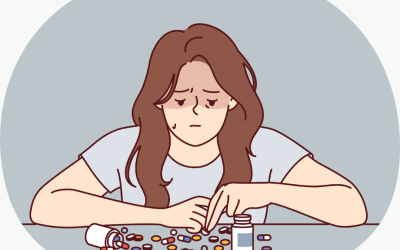How to Spot Signs of Depression in Teenagers by Dr. Pankaj Kumar Best Psychiatrist in Delhi
Stress & Depression is a leading cause of disability worldwide. Millions of people of all ages suffer from mental disorders, as per the WHO. But while the signs of adult depression may be clear, depression in Teenagers is often misunderstood.
Depression is one of the most common mental illnesses in India as per the National Mental Health Survey of India (2015–2016), the prevalence of psychiatric disorders among adolescents (13–17 years) is reported around 7.3%. Though, very little attention has been paid to the mental health issues of this age group.
The best psychiatrist in Delhi identifies depressed mood or loss of interest or pleasure as the two primary symptoms of mental health for adults. In teenagers, however, depression can present as a lack of patience, calmness, excessive irritability, and avoidance.
What’s more, the teen years are marked by shifting emotions as adolescents grow and change and this can make it difficult to identify the symptoms of depression. In fact, many teenagers struggling with depression don’t even identify their mood swings.
Depression is a serious mental illness that can affect how a teenager thinks, feels, and acts; it can impact their school performance, family relationships, and social relationships.
So, let’s have a closer look at how depression affects teenagers across multiple areas of their lives by the best child psychiatrist in East Delhi.
Depression, anxiety, and stress can manifest as Physical Symptoms
Teenagers are more likely to figure out the physical aches and pains than emotional one when attempting to share their feelings. They can experience many symptoms that negatively affect their ability to attend and focus in school, their relationships, and their daily living skills.
Excessive stress can cause headaches, stomachaches, and other physical pains. The opposite is also true. Chronic pain can trigger symptoms of anxiety or depression. A headache now and then is to be expected; frequent headaches are a sign of danger.
Don’t ignore the following physical complaints from your teen and consult a therapist.
- Headaches
- Stomachache
- Loss of appetite
- Muscular pain
- Fatigue
Sleep Disturbance or Insomnia
Though stress and anxiety can make teenagers hide in their rooms all day, they won’t necessarily sleep. Depression in teens is mainly associated with sleep disturbance, including insomnia and hypersomnia. Some teenagers are up all night due to insomnia, only to sleep during the daylight hours. Others find that they struggle to stay awake, no matter the time of day.
Excessive stress can also disturb their sleep cycle. Your teen might fall asleep just fine but wake up during the night and struggle to get back to sleep.
As a parent, it’s important to look for changing patterns in their sleep. Teens can have erratic sleep schedules, because of academics, sports, extracurricular activities, and daily stress. Sleep disturbance becomes problematic when it’s ongoing and negatively affects your teen’s ability to go to school and attend to do their daily activities.
Emotional Changes
As a parent, you can also notice emotional changes in their behavior as stress can affect attention, focus, and memory. You might notice that your teen is more forgetful than usual. He/she might complain of having difficulty concentrating in school or even when engaged in relaxing activities like reading, video games, or watching TV. You may also notice significant shifts in moods.
While the teen years can include mood changes without warning, moods that appear intense are warning signs of something more than growing pains.
Anger is not the only emotional change teens experience while battling with stress. Don’t overlook these changes in your teen.
- Irritability
- Anger
- Depressed mood
- Feelings of guilt
- Feeling helpless
- Feelings of hopelessness
- Pervasive feelings of sadness or unhappiness
- Feeling worthless or like a disappointment
- Frequent crying
- Suicidal thoughts or behaviors
Behavioral Changes and Mood Swings
Some parents witness changes in the behavior of their teens and that can be attributed to mood disorders. Instead of focusing primarily on consequences for negative behaviors, it helps to look at what leads them to this situation.
- Missing school
- Skipping out on important appointments
- Ignoring self-care
- Social isolation
- Refusing to participate in normal daily activities
- Fighting with family and friends
- Self-harm (cutting, eating disorders)
- Poor grades
It’s true, people are not the same, not even your two children are the same, and you know your teen’s baseline. If you feel that something is off, it probably is. It’s always better to seek an evaluation than to wait and see.
When teenagers rely on negative coping strategies, their depression can worsen. If they get the help they need, they can learn to cope with and manage their symptoms and live healthy, fulfilling lives.
Just keep in mind that the consequences of depression left untreated can be life-threatening. Don’t delay and just book an appointment with the Best Psychiatrist in Anand Vihar, Dr. Pankaj Kumar.
















